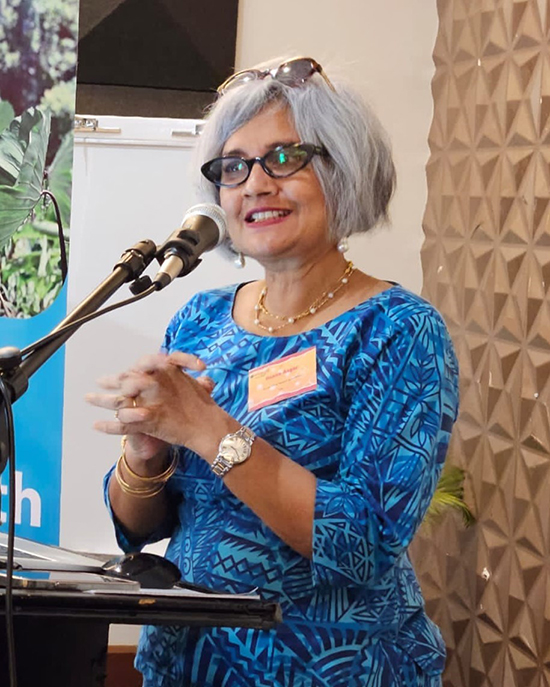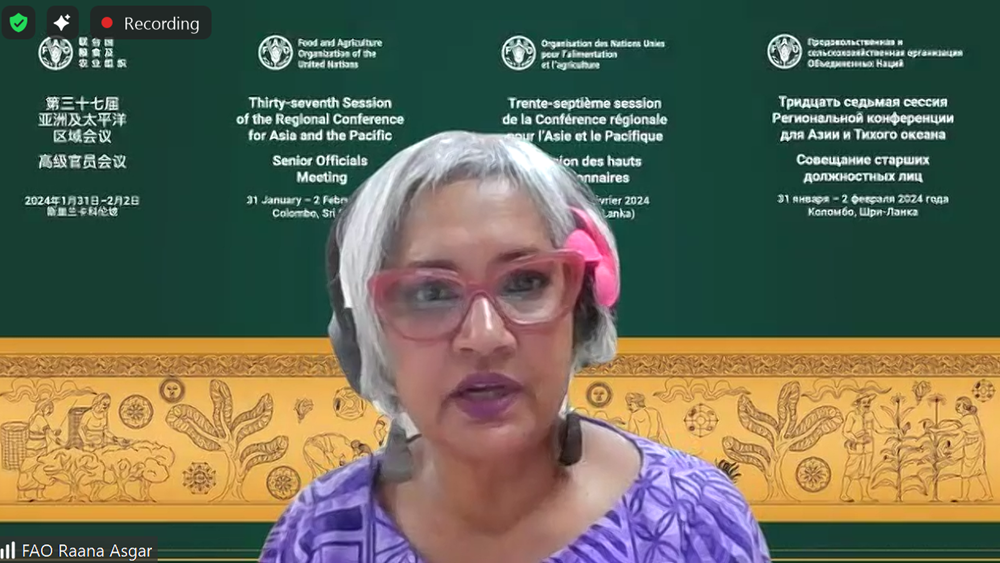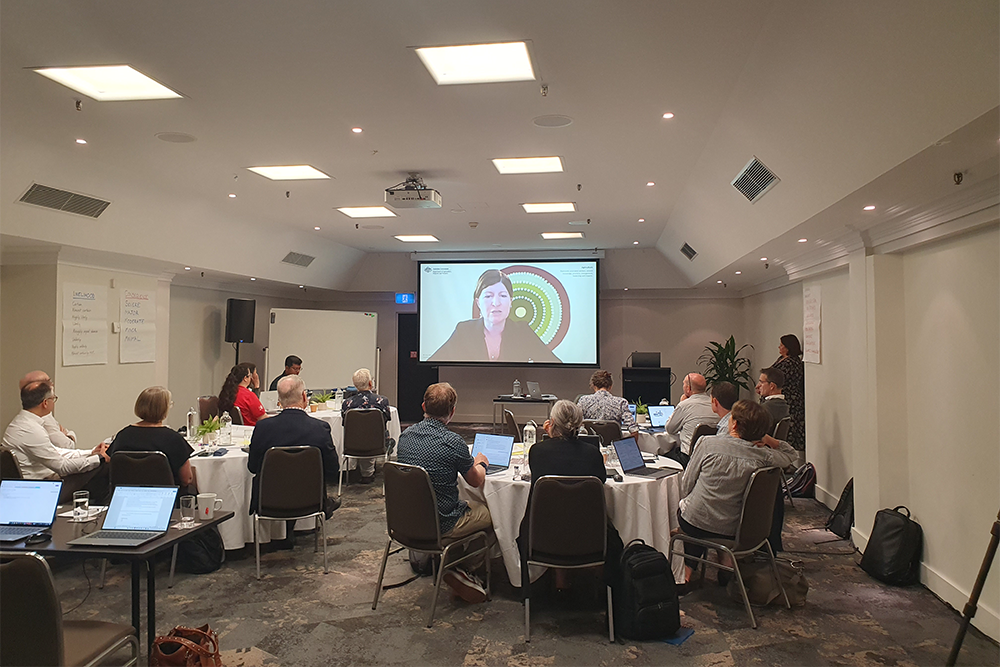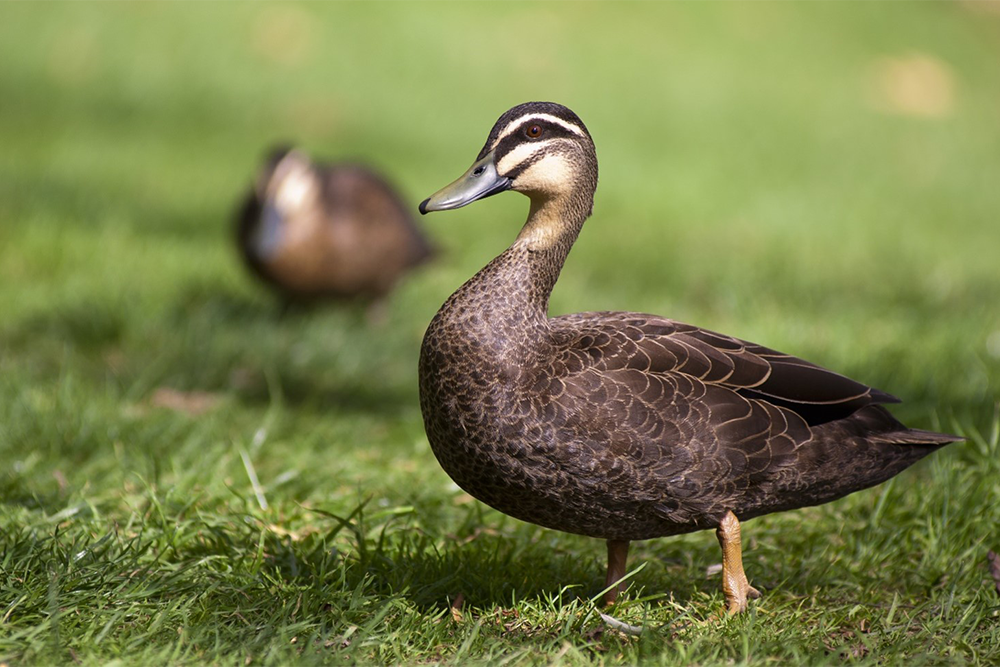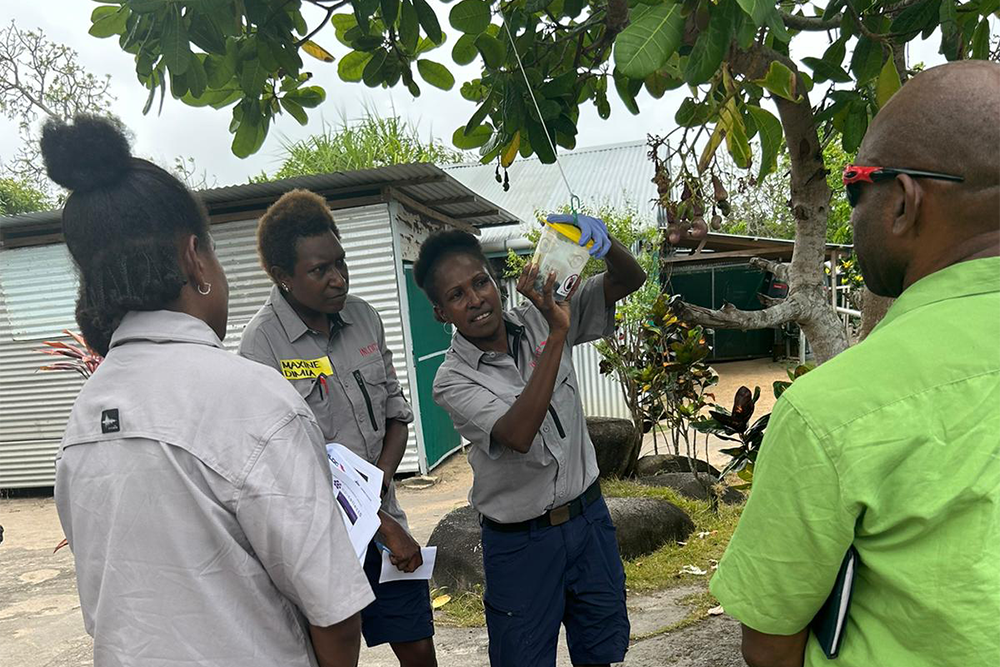Dr Raana Asgar, the Office of the Chief Veterinary Officer’s secondee to the Food and Agriculture Organization’s (FAO) Subregional Office for the Pacific recently presented a paper on ‘One Health through a Pacific lens’, at the 37th FAO Asia-Pacific Regional Conference Senior Officials Meeting in Samoa.
The One Health concept recognises the fundamental interconnections between the health of people, animals, plants and the environment.
The Asia-Pacific region faces unique challenges affecting human, animal, plant and environmental health due to its vulnerability to the adverse impacts of climate change – such as rising sea levels, salinity, increased frequency of extreme weather events, vector-borne diseases; together with natural disasters, geographic remoteness, limited arable land, increasing population pressures, and small economies. The region has high rates of non-communicable diseases, mainly due to inadequate sources of good quality and affordable local produce, which are substituted by imported ultra‑processed foods and cheap offcuts of meat.
As Dr Asgar noted in her presentation, the One Health concept can help address threats to human, animal, plant and environmental health—and food and nutrition security at risk from these threats—by promoting collaboration, data sharing, evidence-based decision-making and analysing the effectiveness of government policies.
In the Pacific Islands region, animals are important assets, providing food and nutrition, livelihood opportunities, import substitution and fulfilling cultural obligations. Animal diseases therefore have far‑reaching impacts on Pacific peoples’ health, culture and livelihoods. Strengthened biosecurity in the agri-food sector to prevent the introduction and spread of diseases is critical to not only safeguarding human health from zoonotic diseases, but also preventing the emergence of antimicrobial resistance, avoiding shocks to the economy, preserving biodiversity and the environment.
This applies equally to plant and aquatic pests and diseases and invasive alien species such as giant African snails and coconut rhinoceros beetles in the crop sector; and vibriosis and the seaweed disease ice-ice in the fisheries and aquaculture sector. By adopting a One Health approach, Pacific island countries can develop strategies that promote early warning of biosecurity and other threats; promote sustainable farming, forestry, livestock and fisheries practices; enhance food safety and improve nutrition; and mitigate the risks of climate change.

